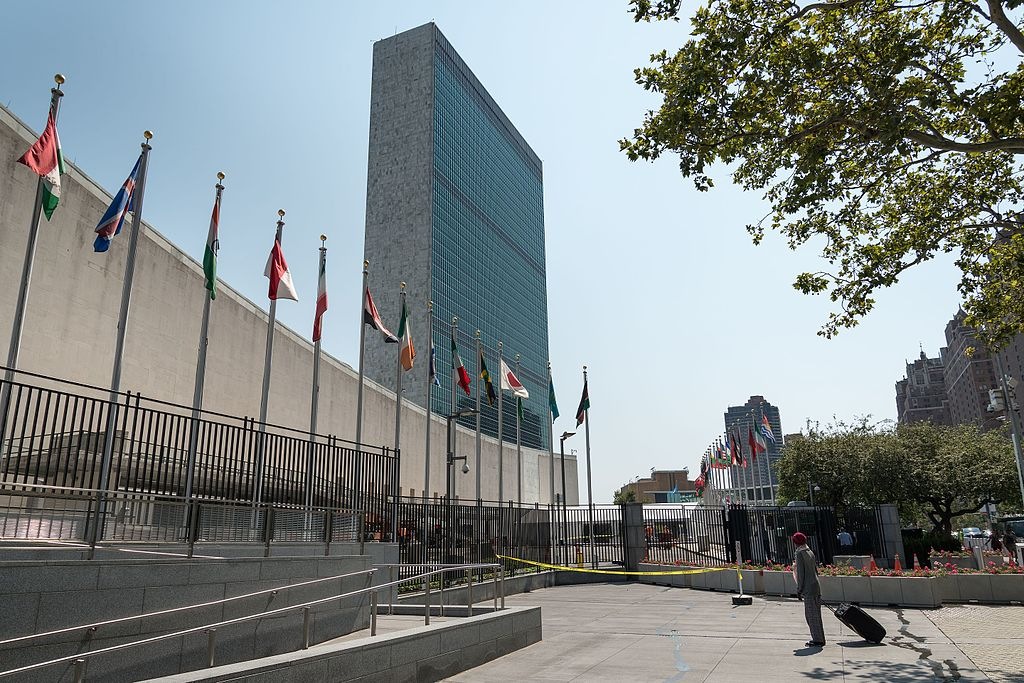
Yuliya Shlychkova, Vice President, Government Affairs & Public Policy, Kaspersky
Andrey Ochepovsky, Senior Public Affairs Manager, Kaspersky
In July 2025, the Open-ended Working Group on security of and in the use of information and communications technologies (OEWG) concluded its work with the final substantive session. Since the OEWG began its work in 2021, Kaspersky has actively participated in engagements under the Group’s aegis – most notably, in the informal dialogue presided by its Chair, Permanent Representative of Singapore to the UN, Ambassador Burhan Gafoor. Within those meetings, the company presented the multi-stakeholder community with its position on crucial topics of the global ICT agenda, including supply chain risk management, responsible use of AI, the role of the private sector in cybersecurity.
While the OEWG on ICT is now a thing of the past, its legacy will be kept alive with the establishment of a new permanent global mechanism on existing and potential threats to security in the use of ICTs (“the Global Mechanism”), which was agreed by the Group’s member states and outlined in its Final Report. This a positive sign, which deserves strong support, as it shows the resolve of the international community to advance global dialogue on cybersecurity – a critical issue for the whole of humankind in the era of digitalization.
In this regard, one issue that was regularly raised during events under the aegis of OEWG, was the participation of non-government stakeholders in future formats which are to succeed to the Group. Those calls were eventually reflected in the Final Report, according to which, the Global Mechanism would comprise two dedicated thematic groups – to address specific challenges in the sphere of ICT security and to accelerate cyber capacity building, respectively. This includes the participation of, among others, technical experts and other relevant stakeholders. Furthermore, additional ad-hoc dedicated thematic groups with a fixed duration can potentially be established under the aegis of the Global Mechanism.
These intentions reflect a long and successful record of engaging private stakeholders in UN-led discussions of ICT-related topics. Recent notable examples include the Ad Hoc Committee to Elaborate a Convention against Cybercrime and Global Digital Compact, with Kaspersky having served as one of the contributors of expertise to both initiatives.
Based on the lessons from the above-mentioned formats, as well as the OEWG 2021-2025 itself, the following principles could be implemented in order to maximize the effectiveness of private stakeholders’ participation in the work of the Global Mechanism:
1. Supplementary role
While member states should be responsible for establishing the general framework and policy-making in the ICT sphere, non-government stakeholders - especially the corporate sector with its vast expertise in this area – could serve as important contributors to the discussion within the Global Mechanism. Adoption of such an approach would help the future organ to make its decisions more practical and relevant to realities on the ground.
2. Emphasis on specific practical issues
In contributing to the work of the Global Mechanism, private stakeholders should focus on providing practical expertise requested by member states, as it is insights about processes on the ground which are needed to create a comprehensive picture and to then find the right solution.
3. Politically agnostic nature
Approval of non-government stakeholders willing to contribute to the work of the thematic groups should be solely based on their competence and ability to provide feasible expert assistance to the discussion led by member states.
From its side, Kaspersky, as one of the leading global cybersecurity vendors, stands ready to continue to support the discussion of ICT-related topics under the auspices of the UN with its vast expertise on countering challenges in the cyberspace. There is no doubt that ever growing and evolving cyberthreats require solutions which can be based only on the principles of global, comprehensive and multi-layered cooperation involving all relevant stakeholders.
